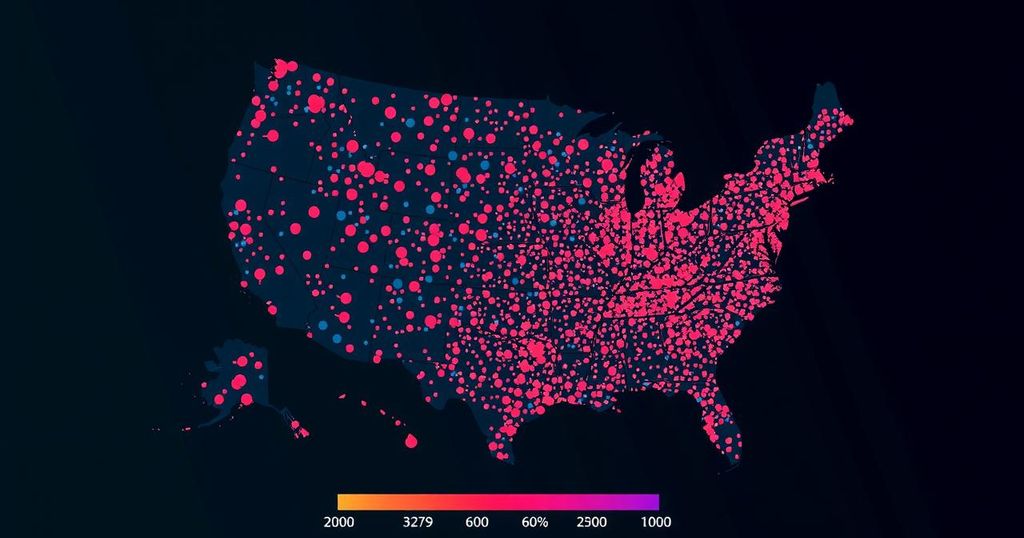Meta’s Findings on AI Misinformation During Elections: A Minimal Impact Report
Meta reported that AI-generated content made up less than 1% of misinformation related to elections on its platforms in 2023. The company emphasized that while there were instances of AI misuse, existing policies effectively reduced risks. It also took significant steps to prevent deepfakes and dismantled numerous covert influence operations.
At the year’s onset, trepidation encompassed the potential misuse of generative AI in swaying global elections through propaganda and misinformation. However, as the year progressed, Meta, the parent company of Facebook, Instagram, and Threads, revealed that concerns regarding this technology proved largely unfounded. In its analysis of election-related content across various regions, including the United States, Europe, and several Asian nations, Meta reported that AI-generated misinformation constituted less than 1% of total fact-checked misinformation during major electoral periods.
In a blog post, the company noted that while there were isolated incidents of AI’s involvement in creating misleading content, the volume was minimal and their existing policies succeeded in mitigating risks associated with generative AI content. Meta’s Imagine AI image generator rejected approximately 590,000 requests for manipulated imagery involving prominent political figures leading up to the elections, reflecting a proactive approach to curbing deepfakes.
Furthermore, Meta disclosed that attempts by coordinated networks to disseminate propaganda exhibited little effectiveness when utilizing generative AI, as their mitigation strategy focused more on the activities of these accounts rather than the AI-generated content itself. Strides made against foreign interference included the dismantling of 20 covert influence operations, resulting in a reduction of inauthentic engagement on its platforms. The company also highlighted that many false narratives regarding the U.S. elections proliferated on competing platforms such as X and Telegram, indicating a need for broader scrutiny beyond its own services.
The discussion surrounding the impact of generative AI on elections emerged amid escalating concerns about misinformation in digital media. Notably, the fear was that AI technologies might facilitate the spread of false narratives and propaganda campaigns during elections globally. Meta’s statement and subsequent findings are key to understanding how AI content has interacted with election integrity and misinformation on social media platforms throughout the year.
In summary, Meta has reassured stakeholders that generative AI has had a negligible effect on misinformation related to elections across its platforms, accounting for less than 1% of fact-checked misinformation. Their efforts to reject deepfake requests and dismantle covert influence operations demonstrate a commendable commitment to maintaining the integrity of their platforms. This case underscores the importance of ongoing vigilance against misinformation and suggests a need for continuous policy evaluation in response to emerging technologies.
Original Source: techcrunch.com




Post Comment